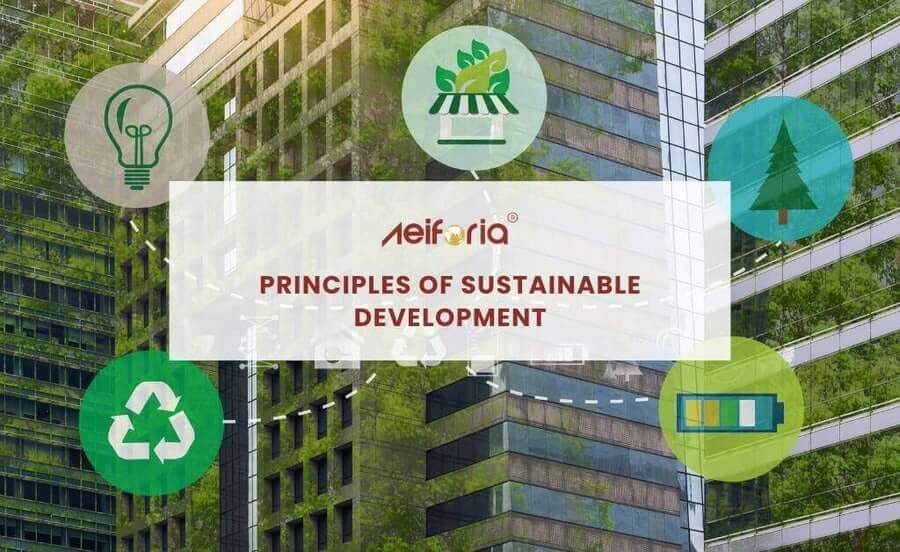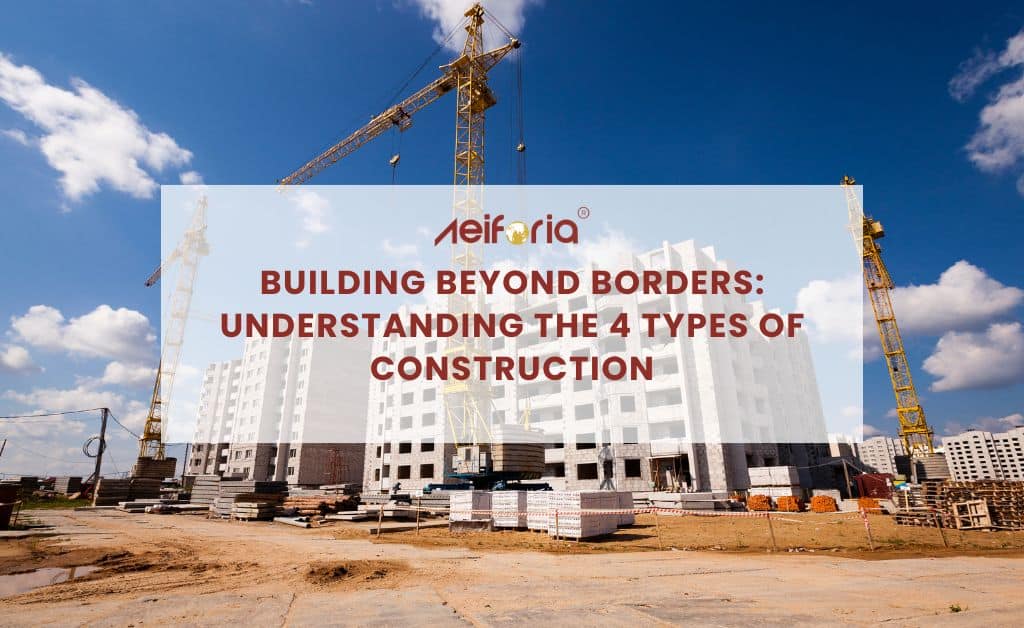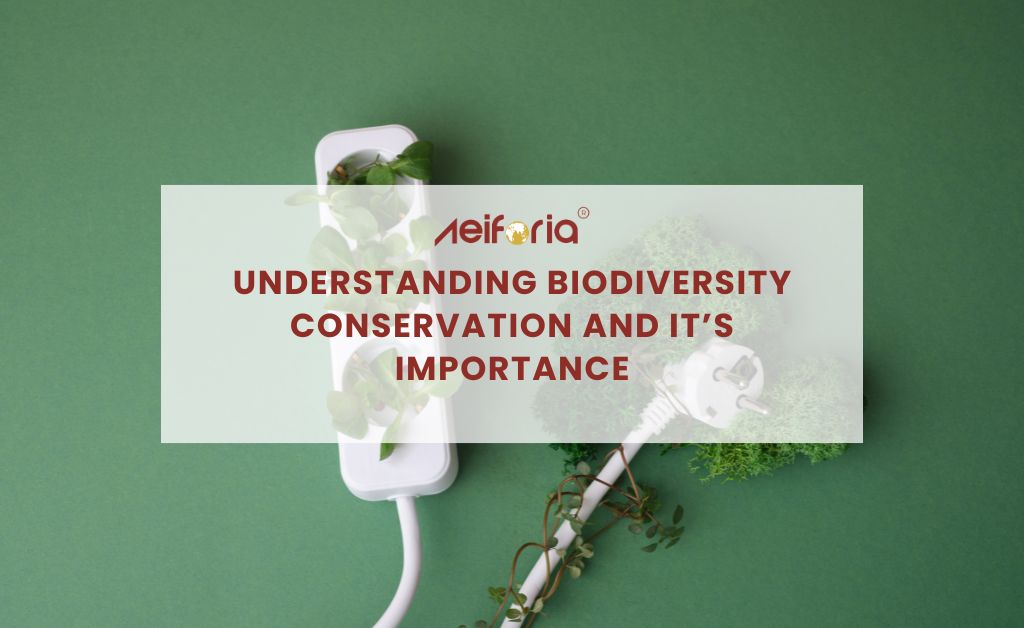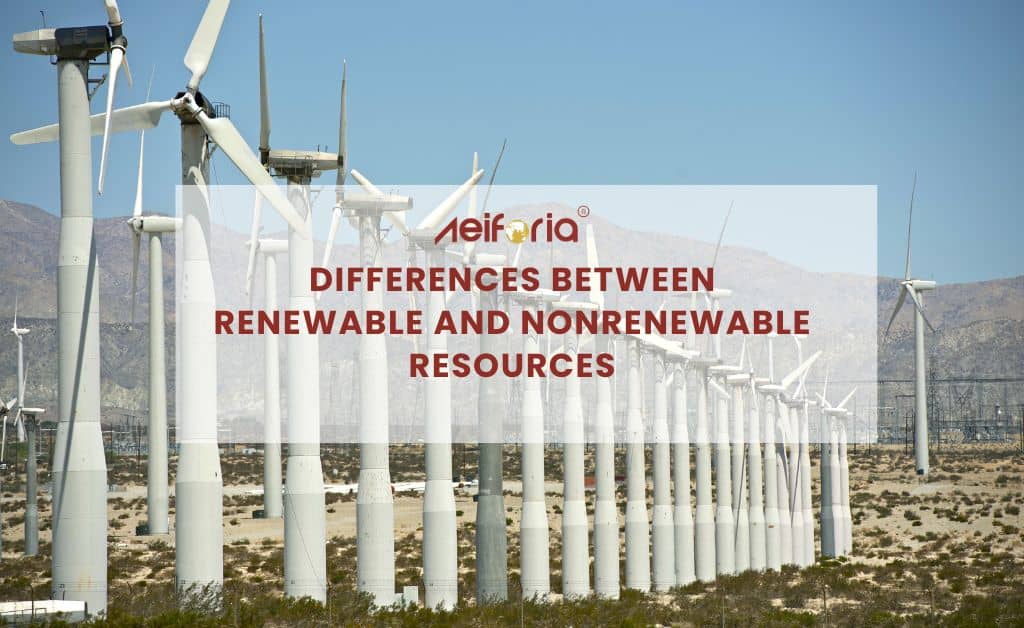
Principles of Sustainable Development
Introduction
Sustainable development has become crucial today as we strive to create a harmonious coexistence between human progress and environmental preservation. Understanding sustainable development principles is essential to ensure a better future for future generations. This article will explore the fundamental principles of sustainable development, highlighting their significance in shaping a more balanced and sustainable world.
Understanding Sustainable Development
The idea of sustainable development is to fulfill the current generation's requirements without endangering the ability of future generations to do the same. It aims to balance economic growth, social progress, and environmental protection. By adopting sustainable practices, we can ensure a better quality of life for all while preserving the planet's resources and ecosystems.
The Interconnectedness of Economic, Social, and Environmental Aspects
Sustainable development recognizes the interconnectedness of economic, social, and environmental aspects. These three pillars are mutually dependent, and neglecting one can undermine the stability of the others. We must concurrently address the economic, social, and environmental dimensions to achieve true sustainability.
Principles of Sustainable Development
Integration and Interdependence
Integration and interdependence serve as the foundation of sustainable development. It emphasizes the need to consider the economic, social, and environmental aspects holistically rather than in isolation. By recognizing their interconnections, we can develop comprehensive solutions that address multiple challenges simultaneously.
Equity and Social Justice
Equity and social justice are essential principles of sustainable development. It emphasizes the fair distribution of resources, opportunities, and benefits among all individuals and communities, regardless of socioeconomic background or geographical location. Achieving equity promotes social cohesion and inclusivity.
Environmental Responsibility
Environmental responsibility lies at the core of sustainable development. It stresses the importance of conserving and protecting natural resources, reducing pollution and waste, and preserving biodiversity. If we implement sustainable practices, we can reduce the harmful effects that human activities have on the environment.
Long-Term Perspective
Sustainable development requires a long-term perspective. It encourages decision-making that considers the needs and well-being of future generations. By taking a proactive approach and planning for the long term, we can avoid short-sighted actions that may harm the environment or compromise the well-being of future societies.
Participatory Decision-Making
Participatory decision-making involves involving all stakeholders in the decision-making process. It ensures that diverse perspectives are considered, fostering ownership and accountability. By actively involving communities, organizations, and individuals, we can make more informed and inclusive decisions that reflect society's collective needs and aspirations.
Conservation of Natural Resources
Conservation of natural resources is vital for sustainable development. It entails using resources efficiently, promoting renewable energy sources, and minimizing waste generation. We can reduce our ecological footprint and preserve resources for future generations by adopting sustainable resource management practices.
Responsible Consumption and Production
Responsible consumption and production are crucial for sustainable development. It involves adopting sustainable lifestyle choices, reducing overconsumption, and promoting eco-friendly products and services. By embracing sustainable consumption patterns, we can minimize waste generation and promote a more resource-efficient society.
Resilience and Adaptability
Resilience and adaptability are essential qualities for sustainable development. It involves building resilient communities and systems that withstand environmental, social, and economic shocks. We can respond effectively to changing circumstances and challenges by fostering adaptability and ensuring long-term sustainability.
Collaboration and Partnerships
Collaboration and partnerships are critical drivers of sustainable development. It emphasizes the need for collective action involving governments, businesses, civil society, and individuals. We can leverage diverse expertise and resources by working together, fostering innovation, and achieving shared sustainable development goals.
Global Perspective
Sustainable development requires a global perspective. It acknowledges that environmental challenges transcend national boundaries and require international cooperation. We can create a more sustainable and interconnected world by promoting global partnerships and addressing global issues such as climate change and biodiversity loss.
Precautionary Approach
The precautionary approach is essential in sustainable development. It encourages decision-makers to take preventive measures in the face of uncertainty and potential risks. By acting cautiously and considering the potential environmental and social impacts of actions, we can avoid irreversible damage and promote sustainable solutions.
Education and Awareness
Education and awareness play a crucial role in sustainable development. It involves promoting environmental and sustainability education at all levels, fostering an understanding of the interconnectedness between human activities and the environment. We can drive positive behavioral changes and promote sustainable practices by empowering individuals with knowledge.
Policy Coherence
Policy coherence is vital for sustainable development. It emphasizes the need for integration and alignment of policies across various sectors and levels of governance. By ensuring policy coherence, we can avoid conflicting objectives and promote synergistic actions that advance sustainable development across multiple fronts.
Conclusion
In conclusion, sustainable development rests upon principles guiding our actions toward a more balanced and sustainable future. By integrating economic, social, and environmental considerations, embracing equity and social justice, and adopting responsible practices, we can create a world where current and future generations thrive. Let us strive together to build a sustainable world for all.
FAQs (Frequently Asked Questions)
What is sustainable development?
The idea behind sustainable development is to fulfill the current generation's needs without jeopardizing future generations' ability to meet their own needs. It involves balancing economic growth, social progress, and environmental protection, ensuring that development occurs sustainably and responsibly.
Why is sustainable development significant?
Sustainable development is crucial because it addresses the pressing challenges facing our planet, such as climate change, loss of biodiversity, and social inequalities. Promoting sustainable practices can create a better quality of life for all individuals, preserve the environment for future generations, and foster social equity and justice.
How can we achieve sustainable development?
Achieving sustainable development requires collective efforts and systemic changes. Some critical approaches include:
- Adopting sustainable resource management practices.
- Promoting renewable energy sources and reducing greenhouse gas emissions.
- Embracing responsible consumption and production patterns.
- Building resilient communities that can withstand environmental and social shocks.
- Encouraging participatory decision-making and fostering collaboration among stakeholders.
- Integrating sustainability principles into policies and regulations.
- Promoting education and awareness about sustainable practices.
What role do individuals play in sustainable development?
Individuals play a crucial role in sustainable development. By making conscious choices and adopting sustainable behaviors in our daily lives, we contribute to the larger goal of sustainability. Simple actions such as conserving energy and water, reducing waste, choosing sustainable products, and advocating for sustainable practices can significantly impact collectively.
How does sustainable development benefit future generations?
Sustainable development benefits future generations in several ways:
- Preserving the environment: Sustainable practices ensure that natural resources are conserved and ecosystems are protected, providing a healthy and thriving environment for future generations.
- Social equity: Sustainable development aims to reduce inequalities and promote social justice, ensuring that future generations inherit a fair and inclusive society.
- Economic prosperity: By balancing economic growth with environmental and social considerations, sustainable development lays the foundation for long-term economic prosperity and stability.
- Improved quality of life: Sustainable development strives to create livable and resilient communities, providing future generations with a better quality of life and opportunities for growth and development.






